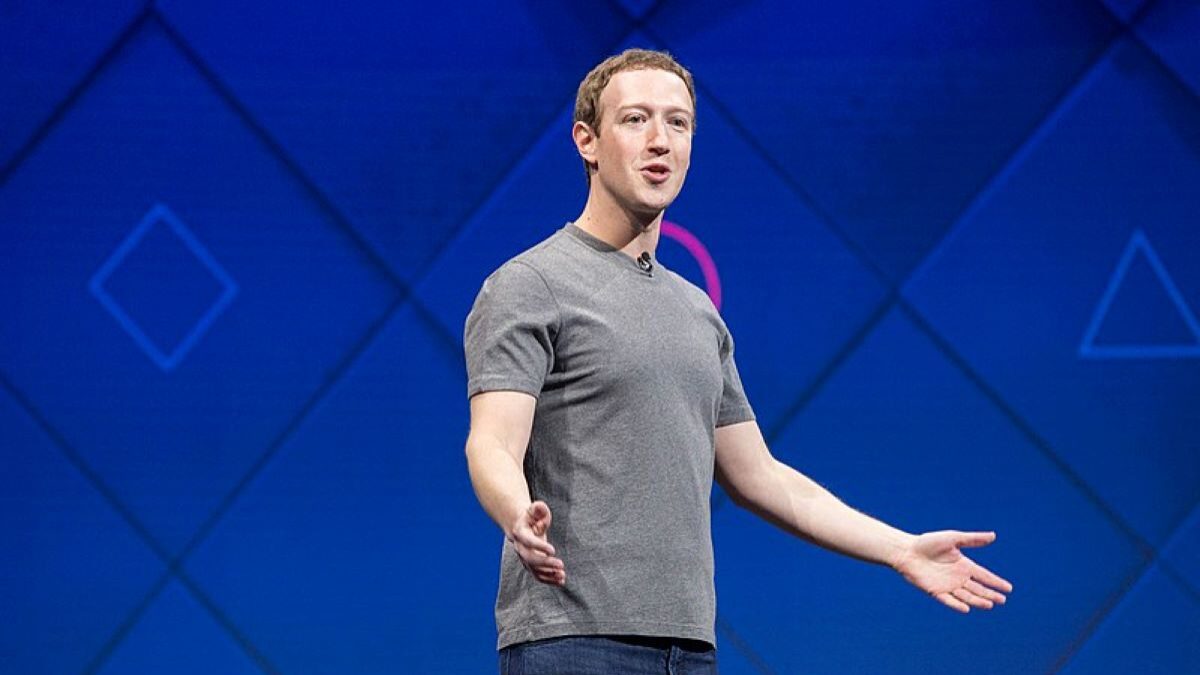Alabama is the latest state to pass legislation that will bar local and state election officials from accepting and using private funding for election operations, with Republican Gov. Kay Ivey signing the bill into law on Wednesday.
Passed overwhelmingly in the state House and Senate, the measure (HB194) seeks to “prohibit certain public officials responsible for the conduct of an election, or their employees, from soliciting, accepting, or using certain donations from an individual or nongovernmental entity for the purpose of funding certain election-related expenses.”
The law later goes on to define “election-related expenses” as “[p]ayments, salaries, or bonuses for election officials, boards of registrars, and poll workers,” as well as expenses relating to “equipment, ballots, printing, mailing, or transportation,” and “signage of media production.”
Expenditures pertaining to “lectures, educational seminars, or events to train election officials, boards of registrars, or poll workers” are also prohibited under the law.
While speaking with The Federalist, bill sponsor and Republican House Rep. Wes Allen celebrated the legislation’s passage, saying it “is an important bill for Alabama voters and for the integrity of [Alabama’s] elections.”
“It will now be illegal for any private money to buy our elections equipment or supplies or to pay our elections administration officials or their staffs,” he said. “This bill gives notice to the world that our elections are not for sale.”
Ivey expressed similar sentiments when signing the legislation, with the governor noting that her state is “committed to ensuring the integrity of our election process remains second to none.”
“Big tech’s efforts to undermine the integrity of our elections has no place in our country, and I’m proud to have signed legislation that ensures Alabama’s election process remains air-tight,” she said in a statement.
The signing of HB194 will officially prohibit outside funding from left-wing advocacy groups such as the Center for Technology and Civic Life (CTCL), which received upwards of $400 million from Meta CEO Mark Zuckerberg to overhaul local and state election operations in key battleground states during the 2020 election cycle. According to figures from the Capital Research Center, the group poured nearly $2.5 million in “Zuckbucks” into Alabama leading up to the 2020 contest.
While a representative for Zuckerberg recently claimed that the tech billionaire and his wife have no intention of repeating their election financing operations, CTCL and other activist groups are planning to increase their involvement in future elections. Earlier this week, CTCL announced it is launching the U.S. Alliance for Election Excellence, “a five-year, $80 million strategy to envision, support, and celebrate excellence in U.S. election administration.”
“Every American voter, no matter their zip code, should have access to a process that is fair and trustworthy,” said Tiana Epps-Johnson, executive director of CTCL. “Unfortunately, years of under-investment means many local election departments often have limited capacity and training. The U.S. Alliance for Election Excellence will bring together world-class partners so that local election officials no longer have to go it alone.”
Additional groups involved with the initiative include the Center for Civic Design, The Elections Group, and the Center for Secure and Modern Elections, among others.
As Federalist Editor-in-Chief Mollie Hemingway detailed in her New York Times bestselling book “Rigged: How the Media, Big Tech, and the Democrats Seized Our Elections,” funds from groups such as CTCL allowed unelected Democrat operatives “to embed in government offices and actually take over election administration duties in crucial battleground states.”
“While there are always activist groups on both the right and the left fighting over candidates and election rules, the battles over electioneering in the 2020 election were substantially different,” Hemingway wrote. “It was as if the Dallas Cowboys were allowed to hire and train their own family members to serve as referees and then got angry the losing team didn’t publicly accept a narrow loss with several controversial calls.”
“This privatization of election administration tainted the entire election,” she said.








